Feng Shui Benefits of Indoor Plants
The best indoor plants can bring intrigue, color, and life into your home, but what about health and wealth? Feng shui can also be used to cultivate your interior garden—not that we need any more reasons to buy plants.
A quick overview of feng shui: Feng shui, which is based on one of the oldest known Chinese texts, uses scientific calculations to chart the balance of energy or chi. The ultimate goal of feng shui is to attract positive chi into your home so that your life feels energized and balanced. While we have no mastery of Chinese practice, and the calculations are highly dependent on your specific space, there are some general guidelines. It turns out that positioning specific plants can bring good feelings and luck while dispelling negative vibes. Here is a basic primer on which plants will help you find your ideal chi and where they should be placed.
Negative energy must be neutralized
Placing a plant three feet away from your computer to filter electromagnetic energy is a great place to start combating negative energy. Plants emit harmonious energy simply by being alive. If you’ve ever wondered why plant-filled spaces make you happy, this could be the reason.
Plants to get:
Aloe Vera: This succulent plant is known for cleaning the air and reducing toxic chemicals, as well as combating bad luck and negative energy.
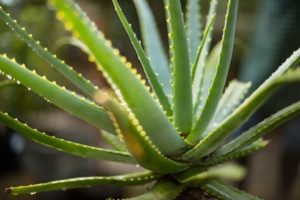
Jasmine: Are you expecting some romantic feelings? The scent of this fragrant, flowering plant can help soothe a stressed mind and help strengthen relationships. Jasmine should be kept near a south-facing window, according to experts.
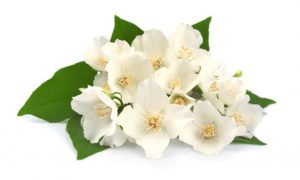
Bamboo: Lucky bamboo is a popular feng shui plant. It brings very peaceful and wise energy into your home, and because it is easy to grow and doesn’t require much sunlight, it demonstrates a great deal of flexibility.
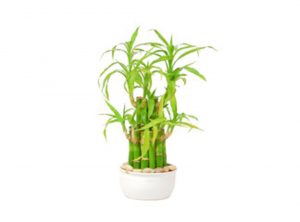
Make contact with nature
We are constantly inspired by Jarema Osofsky’s approach to indoor plant care and how she claims they provide a daily sense of grounding and nourishment. Plants can also soften hard angles in your home and evoke the feeling of being in nature, where everything has more curves and softness. To accomplish this, avoid the spikiness of cacti and thorn-covered plants.
Plants to obtain:
Philodendron: This plant, with its heart-shaped leaves, represents the fire element and can add emotion to a dark or cold area of your home.
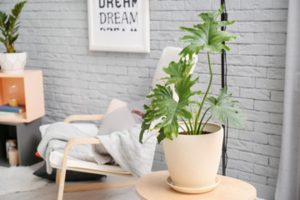
Calatheas: This highly decorative plant is meant to be appreciated, admired, and used as a decoration. Even better, the Calatheas plant purifies the air and promotes a healthier indoor environment.
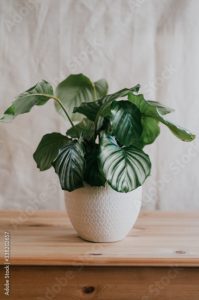
Jade: This plant is also known as the money tree in feng shui because its round leaves represent good fortune (this can come in the form of money, health, or fame). Get a jade plant for good financial vibes and soft, plump leaves.
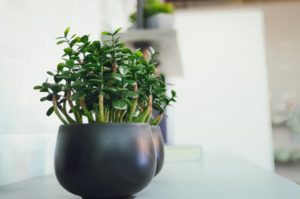
Increase the space’s height
Living in a small cave is unlikely to result in a positive sense of home, so it’s critical to raise your ceiling even if it’s physically impossible. Tall plants placed in the corners of rooms with sloped ceilings or exposed beams can help to balance out symbolic heaviness.
Ficus: These plants can grow to be so large that they can be used as room dividers, making your space appear taller. They can also remove various toxic chemicals from the air, which is beneficial to health.
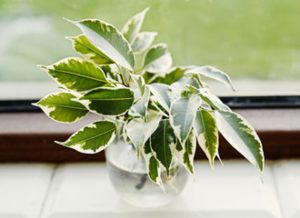
Rubber Plant: Like the ficus, the rubber plant is a member of the fig family and can be grown easily indoors. Rubber plants can grow up to 10 feet tall indoors and make a bold statement with their sophisticated and shiny dark green leaves.

Banana Leaf Plant: You won’t be able to harvest fruit from your banana tree unless you live in the tropics or have a greenhouse, but that doesn’t mean these plants are difficult to grow indoors.

